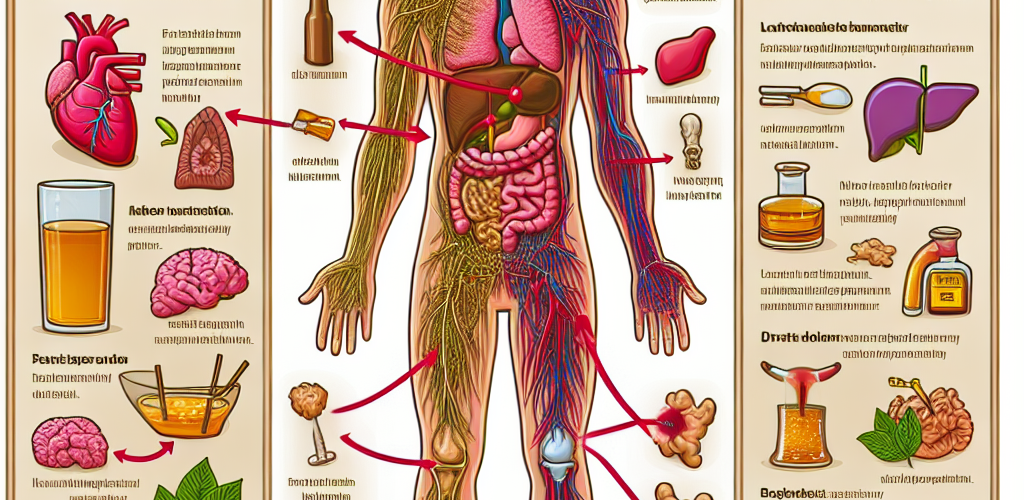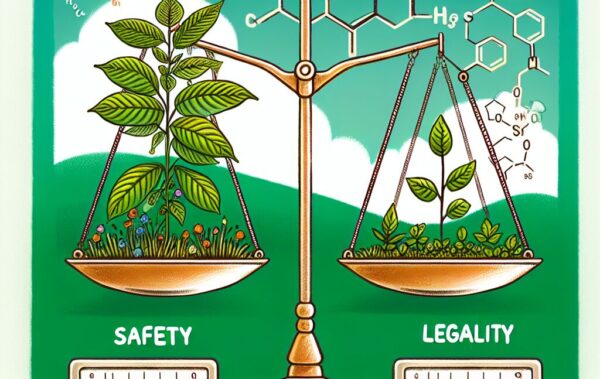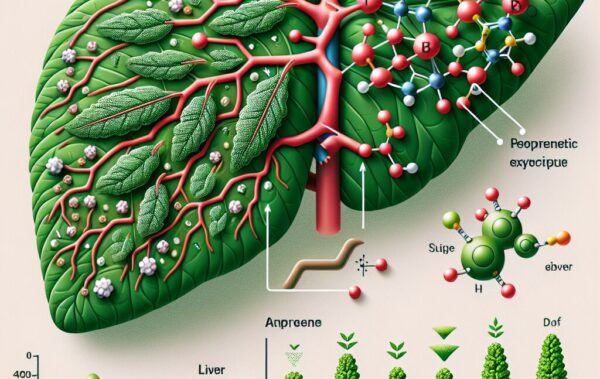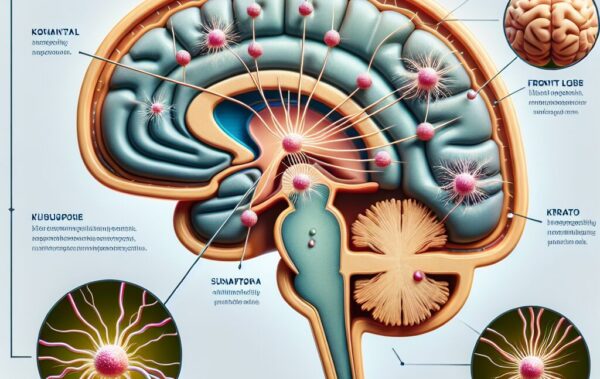- Understanding Kratom and Its Uses
- Alcohol Consumption and Its Impact on the Body
- Combined Effects of Kratom and Alcohol
- Potential Risks and Considerations
- Frequently Asked Questions (FAQ) about Kratom and Alcohol
Kratom, scientifically known as Mitragyna speciosa, is a tropical evergreen tree from the coffee family native to Southeast Asia. It has been used traditionally for centuries as both a stimulant and a sedative, depending on the dosage. The leaves of the kratom tree contain various alkaloids, the most prominent being mitragynine and 7-hydroxymitragynine. These compounds interact with opioid receptors in the brain, producing sedation, pleasure, and decreased pain when consumed in larger amounts. On the flip side, in smaller doses, kratom has a stimulant effect, leading to increased energy, sociability, and alertness.
Kratom comes in various forms, including powder, capsules, extracts, and edibles. It is also available in different strains, such as Red Vein, White Vein, and Green Vein, which are native to different regions in Southeast Asia. These strains offer varying effects, ranging from energizing to calming, depending on their vein color and the environment they were grown in.
The uses of kratom are quite varied. Many individuals consume kratom to aid with chronic pain relief, mood enhancement, and to combat fatigue. Some have found it beneficial for managing symptoms of opioid withdrawal, though this use is not medically sanctioned. Additionally, kratom enjoys popularity within the wellness and alternative health community, where it’s sometimes used as a natural remedy for conditions like anxiety and depression.
Despite its many uses, kratom and its effects are not yet fully understood in the scientific community. Due to its opioid-like effects, there is growing interest in studying its potential in providing a substitute for prescription painkillers, typically without the same degree of respiratory depression that traditional opioids can cause. However, it’s also recognized that kratom use is not without its own potential health risks and substance interaction concerns.
In conjunction with alcohol, an intoxicant with widely recognized risks, kratom’s effects can become complicated and potentially more dangerous. Alcohol consumption, especially in excess, has impactful effects on the body, affecting the liver, kidneys, brain, and other vital systems. When discussing kratom and alcohol, the emphasis is often on understanding how their interaction can alter both the experiences and potential side effects they bring independently.
As we delve into the combined effects of kratom and alcohol, it’s essential to acknowledge that mixing substances can lead to unpredictable and adverse body effects. Furthermore, individuals seeking to use kratom for its therapeutic benefits should be cautious of potential health risks and the importance of informed and responsible use. With the increasing availability of kratom products, such as online kratom shops, it’s more important than ever for consumers to be educated about proper dosages, especially in relation to alcohol consumption.
Alcohol Consumption and Its Impact on the Body
Alcohol, a ubiquitous substance in many cultures around the world, has a pronounced and multifaceted impact on the human body. Consumption of alcohol, particularly in moderate to heavy amounts, affects various bodily systems, with health implications that are significant and, at times, severe.
Upon consumption, alcohol is rapidly absorbed into the bloodstream and distributed throughout the body. It depresses the central nervous system, which can result in a temporary sense of relaxation, euphoria, and lowered inhibitions. However, these effects can quickly turn adverse, as alcohol impairs cognitive function, judgment, reflexes, and motor coordination. Chronic alcohol use, or acute overconsumption, can have profound effects on organs such as the liver, which is responsible for metabolizing alcohol. In the case of excessive or long-term drinking, the liver may become overburdened, leading to conditions such as fatty liver, alcoholic hepatitis, fibrosis, and cirrhosis.
The cardiopulmonary system is also affected by alcohol. Initially, alcohol may cause vasodilation, which can temporarily reduce blood pressure. However, excessive use can lead to hypertension, increase the risk of cardiomyopathy, arrhythmias, and stroke. The immune system can also be compromised due to alcohol consumption, thereby lowering the body’s natural defense against infections and slowing down the ability to recover from injury.
Another important consideration is alcohol’s interaction with mental health. While some use alcohol for its perceived ability to alleviate stress, frequent use can contribute to the development of mental health disorders like depression and anxiety. It also poses risks of developing substance use disorders, wherein individuals become physiologically and psychologically dependent on alcohol, leading to alcoholism.
Given the breadth of health risks associated with alcohol consumption, when one factors in the potential for substance interaction with compounds like kratom, the complexities compound. Kratom’s stimulant effects in small doses could be misleading and mask the sedative effects of alcohol, potentially leading individuals to consume more alcohol than they can safely tolerate. Users should therefore exercise extreme caution to avoid elevating the inherent health risks already presented by each substance when used independently.
Understanding the body effects that kratom and alcohol can have both individually and in combination is crucial for anyone considering their use. It’s particularly important for those with pre-existing health conditions or who are taking other medications that may interact negatively with kratom or alcohol, to avoid potentially dangerous complications. It’s always recommended to consult with a healthcare professional when introducing any new substance into your routine, especially one that might interact with alcohol.
The risks associated with alcohol consumption alone warrant measured and mindful use. To explore kratom responsibly and gain more insights into its potential applications and different varieties, please visit online resources like kratom capsules or kratom powder. However, remember that combining kratom with alcohol could amplify the risks and should be approached with caution, if at all.
Combined Effects of Kratom and Alcohol
When kratom and alcohol are consumed together, they may have a synergistic effect that can increase the intensity of each substance’s effects. One of the most concerning body effects is the potential for exacerbated sedation. While kratom is known for its sedative properties at high doses, alcohol is also a central nervous system depressant. Consuming them in tandem may lead to severe sedation and drowsiness, which could be dangerous if one needs to operate machinery or perform tasks that require full alertness.
The combination of these two substances can also lead to increased health risks. For instance, both kratom and alcohol have the potential to strain the liver, as this organ is tasked with metabolizing them. When taken together, there could be an increased risk of hepatotoxicity, and in those with pre-existing liver conditions, this risk could be even more pronounced. This substance interaction might lead to a range of undesirable liver-related health issues, from elevated liver enzyme counts to more severe impairments like liver damage.
Another concern is the potential for this combination to affect mental health adversely. Both substances, particularly alcohol, may exacerbate conditions like depression and anxiety. Kratom, while sometimes used for its mood-lifting effects, has not been extensively studied in conjunction with alcohol regarding its impact on mental health. Users could potentially experience heightened anxiety, mood swings, or depressive symptoms as a result of mixing these substances.
The cardiovascular system may also experience the combined effects of kratom and alcohol. While kratom alone does not typically have severe effects on the heart, it can cause increase in heart rate or blood pressure at stimulating doses. Alcohol, on the other hand, may initially cause blood vessels to relax and then later lead to increased blood pressure. When used together, these shifts in cardiovascular function can be unpredictable and place additional strain on the heart, posing significant health concerns for those with pre-existing cardiovascular conditions.
Furthermore, it’s essential to consider the difference in how individual bodies react to substance interactions. Factors like genetics, body weight, tolerance levels, and overall health can greatly affect one’s response to combining kratom and alcohol. What might be a mildly sedative experience for one person could result in severe impairment or health consequences for another.
In light of the potential risks and health implications, individuals should exercise extreme caution when considering the use of kratom and alcohol in close proximity, if not avoiding the combination altogether. This advice is even more pertinent for those who are new to kratom and may not fully understand how it affects their body. For those curious about kratom or in search of high-quality products, there are ample options available, such as high-grade kratom powder varieties or convenient kratom capsules. However, when it comes to mixing any substances, including kratom and alcohol, proceeding with caution and being informed of the potential body effects and health risks is paramount.
Potential Risks and Considerations
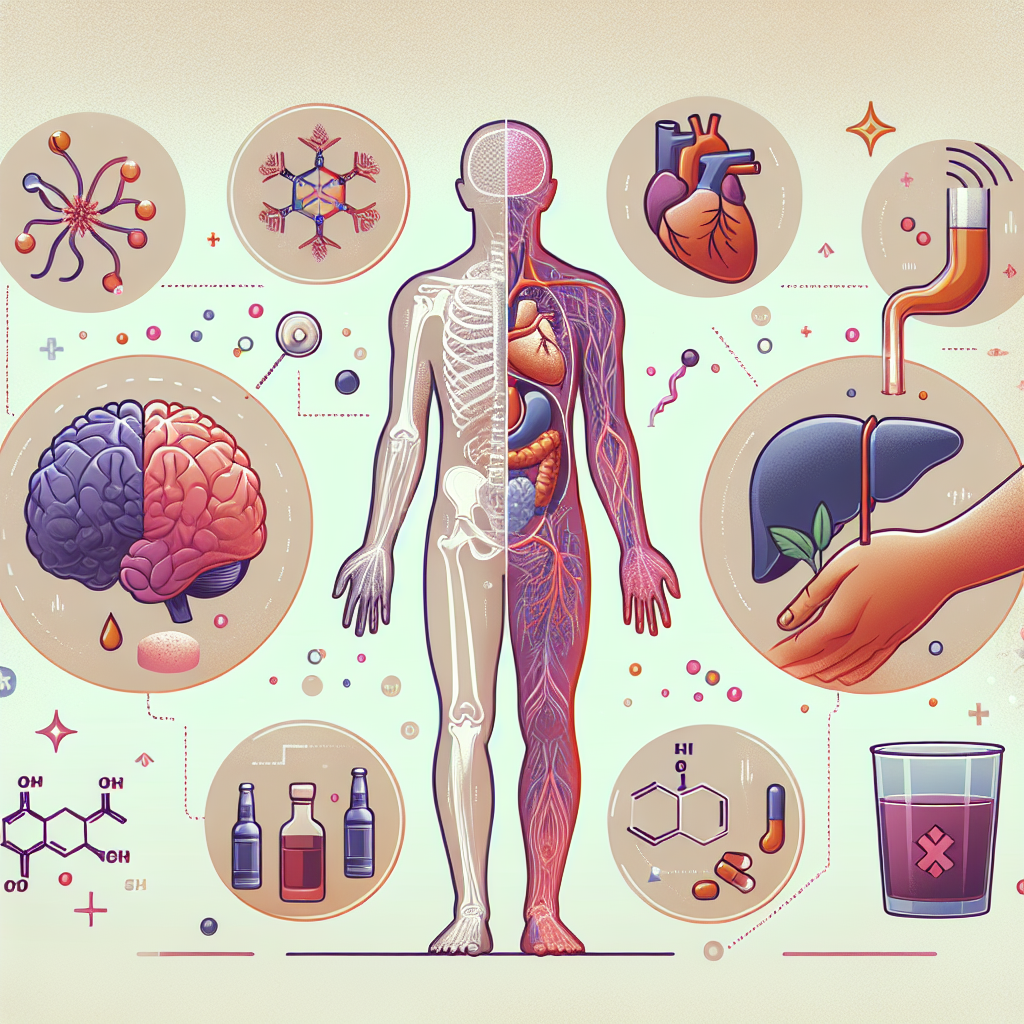 When assessing the potential risks and considerations associated with the concurrent use of kratom and alcohol, it is essential to weigh the health implications that could ensue from this substance interaction. Understanding the individual body effects and reactions each substance provokes is vital for informed decision-making, particularly when considering simultaneous consumption.
When assessing the potential risks and considerations associated with the concurrent use of kratom and alcohol, it is essential to weigh the health implications that could ensue from this substance interaction. Understanding the individual body effects and reactions each substance provokes is vital for informed decision-making, particularly when considering simultaneous consumption.
Kratom itself, while offering benefits for pain relief and mood enhancement, is not without potential side effects. These can range from mild symptoms such as nausea, itching, and dry mouth, to more severe effects such as respiratory depression, especially at higher doses. Regular use can also lead to dependence, as the body adapts to the presence of the alkaloids found in kratom, potentially leading to withdrawal symptoms if use is discontinued abruptly.
Alcohol is recognized for its ability to cause extensive health risks across a spectrum of bodily systems, as already outlined in this discourse. When the depressant effects of alcohol are coupled with the sedative aspects of high-dose kratom use, the additive effect can pose significant dangers, including acute respiratory depression, which is a life-threatening condition.
Moreover, substance interaction between kratom and alcohol can increase the risk of motor impairment, further amplifying the chances of accidents and injuries. Coordination, reaction time, and cognitive function may be detrimentally affected, making activities such as driving or operating machinery extremely hazardous.
It is also noteworthy to discuss how kratom and alcohol might influence each other’s metabolism within the body. Both are processed through the liver, and as such, concurrent use may overtax this organ, potentially leading to hepatic stress or damage over time. The cumulative effect of this could aggravate liver conditions and interfere with the body’s ability to detoxify.
Additionally, for individuals with a history of substance abuse or addiction, the use of kratom in conjunction with alcohol may also complicate recovery efforts and could contribute to the risk of relapse. As both can be psychoactive, their co-consumption might also hinder the necessary mental clarity required for sustained recovery and rehabilitation.
Understanding these potential risks and health considerations is crucial, particularly for those who are considering turning to kratom for its therapeutic benefits. Those interested in exploring differing kratom strains and forms, such as edibles or kratom tea bags, have many options to choose from. However, it’s important to prioritize education on appropriate dosages and to be aware of the implications of using kratom in conjunction with alcohol.
Finally, a point of considerable importance is the need for further scientific research to fully understand the body effects and health risks posed by the interaction of kratom and alcohol. As with any substance, individual reactions can be varied and unpredictable. Users should take a cautious approach, recognizing that the absence of extensive research does not equate to an assurance of safety. It is strongly advised to consult with healthcare professionals before mixing kratom with alcohol or any other substances, especially if there are pre-existing health conditions or concerns.
The exploration of kratom’s potential should be done responsibly, with attention to purity and dosage. Those seeking high-quality kratom products may find a variety of options, from finely-ground kratom powder to pre-measured kratom capsules. Regardless of the chosen form, it is essential to engage with these products informedly and carefully, particularly in relation to alcohol consumption, for the sake of one’s health and well-being.
Frequently Asked Questions (FAQ) about Kratom and Alcohol
In this frequently asked questions (FAQ) section, we aim to address common inquiries regarding the use of kratom in combination with alcohol. As there is a growing interest in the use of kratom for various purposes, it is important to understand the body effects, health risks, and substance interaction concerns associated with its use, especially when mixed with alcohol.
Can I consume kratom and alcohol at the same time?
Kratom and alcohol both affect the central nervous system in different ways. While low doses of kratom can act as a stimulant, higher doses have sedative effects. Alcohol is a depressant. Mixing them can enhance these effects unpredictably, potentially leading to increased sedation, drowsiness, and impairment. It is generally not recommended to consume kratom and alcohol simultaneously due to the health risks associated with their combined use.
What are the potential risks of mixing kratom with alcohol?
The combination of kratom and alcohol can lead to several health risks including amplified sedation, respiratory depression, increased liver strain, motor impairment, and heightened mental health issues such as anxiety or depression. These substance interactions can also exacerbate the individual risks associated with each substance.
How does the combined use of kratom and alcohol affect the liver?
Both kratom and alcohol are metabolized by the liver. The simultaneous intake could potentially increase the workload on the liver and raise the risk of hepatotoxicity. For those with pre-existing liver conditions, this combination could lead to further complications, including liver injury or exacerbation of existing liver problems.
Is it safe to use kratom as a way to reduce alcohol consumption?
Some people have considered using kratom to help reduce alcohol dependence or curb drinking habits. However, due to limited scientific evidence on the safety and efficacy of this practice, it is important to consult with healthcare professionals before attempting to use kratom for this purpose. Self-medicating with kratom could potentially lead to its own set of dependencies and health concerns.
Where can I find more information about responsible kratom use?
For those interested in learning more about kratom and responsible use practices, it is beneficial to seek information from reliable sources. Educational resources, including information on different strains, effects, and dosages can be found on the kratom shop page. It is also advisable to engage in community discussions or consult with professionals experienced with kratom.
By addressing these FAQs, we hope to provide clarity and guidance for individuals who are considering the use of kratom, particularly in relation to alcohol consumption. Remember that while kratom offers potential benefits for various conditions and ailments, it is important to approach its use with caution and respect due to the body effects and health risks associated with it, especially in combination with alcohol or other substances.

